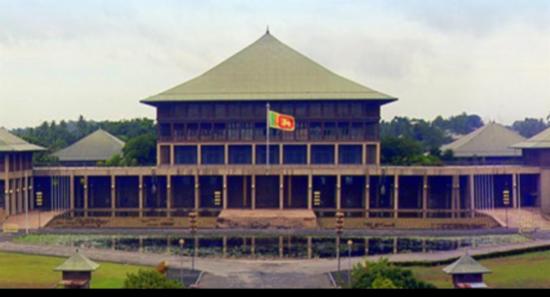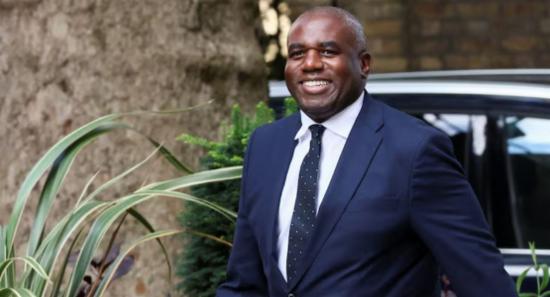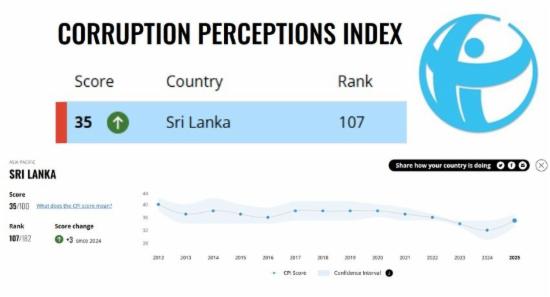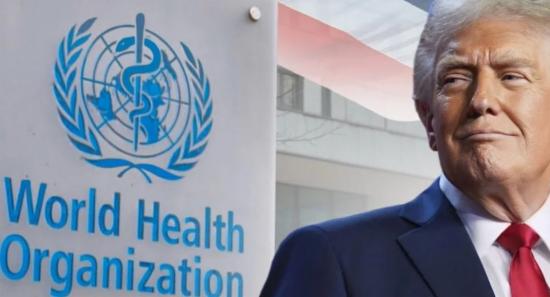.webp)

Trump says Iran appears to be culprit for Saudi oil attacks
Reuters - U.S. President Donald Trump on Monday (September 16) said it looked like Iran was behind attacks on oil plants in Saudi Arabia at the weekend that raised fears of a fresh Middle East conflict, but added that he did not want war with anyone.
Iran has rejected U.S. charges it was to blame for the attacks which damaged the world's biggest crude processing plant in Saudi Arabia and triggered the largest jump in crude prices in decades.
Several U.S. cabinet officials, including Secretary of State Mike Pompeo and U.S. Secretary of Energy Rick Perry, have blamed Tehran for the strikes.
Iranian President Hassan Rouhani saying the strikes were carried out by "Yemeni people" retaliating for attacks by a Saudi-led military coalition in a war with Yemen's Houthi movement.
Asked by a reporter in the White House if Iran was behind the attacks, Trump said: "It's certainly looking that way at this moment and we'll let you know. As soon as we find out definitively we'll let you know but it does look that way."
The attacks cut 5% of world crude oil production.
Two sources briefed on state oil company Saudi Aramco's operations told Reuters it might take months for Saudi oil production to return to normal. Earlier estimates had suggested it could take weeks.
Tension in the oil-producing Gulf region has dramatically escalated this year after Trump imposed severe U.S. sanctions on Iran aimed at halting its oil exports altogether.
The U.S. leader said he did not want to act hastily.
"We have a lot of options but I'm not looking at options right now we want to find definitively who did this. We're dealing with Saudi Arabia. We're dealing with the crown prince and other of your neighbors. And we're all talking about it together. We'll see what happens," he said.
Trump downplayed the impact of a spike in oil prices in the wake of the attacks on Saudi oil plants, saying prices had not risen much and that the United States and other countries could offset the increase by releasing more supply.
"They haven't risen very much and we have the strategic oil reserves, which are massive, and we can release a little bit of that, and other countries ... can be a little bit more generous with the oil, and you'd bring it right down," Trump told reporters at the White House as he met with Bahrain Crown Prince Salman bin Hamad al-Khalifa.
Other Articles
Featured News





.png )
-829155_550x300.jpg)
-828965_550x300.jpg)
-828299_550x300.jpg)




























.gif)